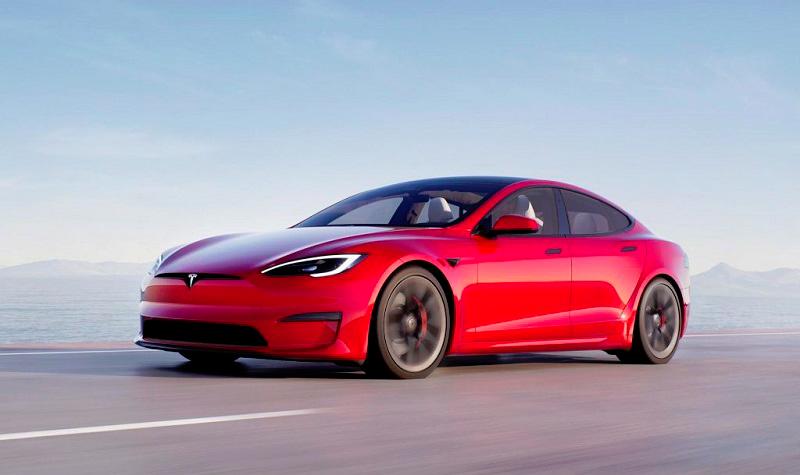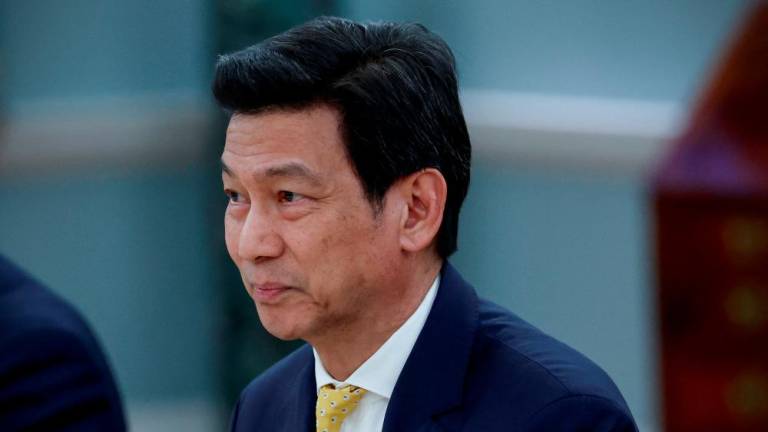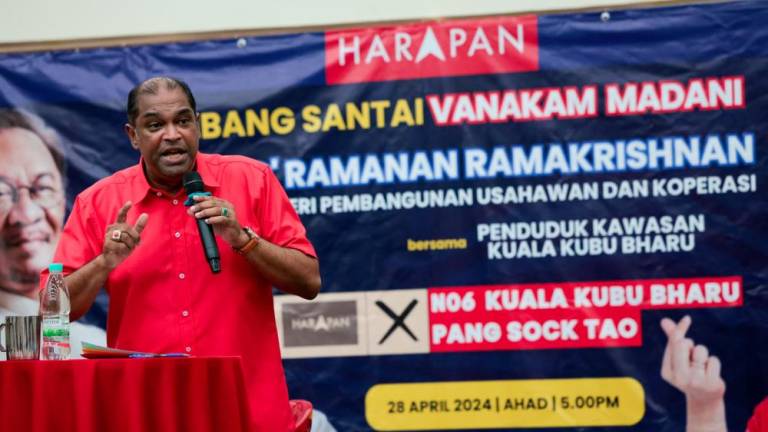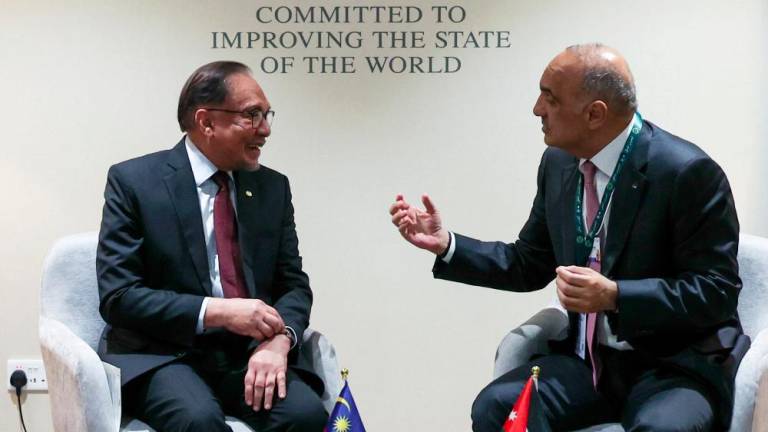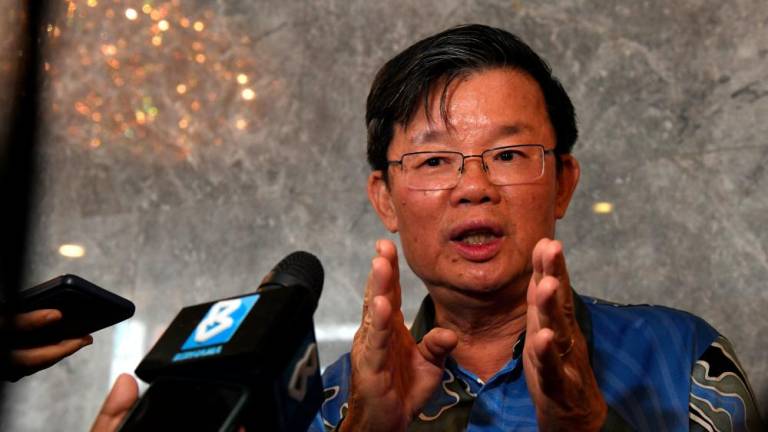ALTHOUGH Tesla does not have a global presence like Toyota (the world’s top-selling carmaker in 2022), it is still a world leader in as far as battery-electric vehicles (BEVs) are concerned. While BYD Auto’s total sales of 1.9 million electrified vehicles in 2022 were higher than Tesla’s 1.3 million+ units, around 50% of the Chinese carmaker’s numbers were hybrids whereas Tesla sells only BEVs.
Nevertheless, Tesla has been steadily expanding its global footprint since first marketing BEVs four years ago. Apart from North America, it has covered much of Europe and has been looking at the Asia-Pacific region in the past couple of years. It began official sales in Singapore in mid-2021 and started up in Thailand this year.
Meanwhile, Malaysian EV enthusiasts have been eagerly awaiting the arrival of the brand officially. While limited numbers have been sold by private importers, the absence of an official presence has meant that aftersales support – a vital part of ownership – is not readily available. This can be a risk to owners, especially for a high-tech product like a BEV. When there is official presence, such as an authorized distributor if not a subsidiary of the manufacturer itself (eg BMW Malaysia and Mercedes-Benz Malaysia), there is not only assured service and spare parts support but also direct access to the technical people to get assistance.
Now it seems that Tesla could soon be starting to official sell its cars in Malaysia. Although it has had a subsidiary in Penang handling back office operations (finance, accounting etc) since 2017, it has not done any retail sales. The buzz on social media, especially in EV-related groups, is that there has been a move to change the name of the Penang unit, originally known as Tesla Services Sdn Bhd, to just Tesla Sdn Bhd. A screenshot shared on many social media groups shows that the SSM (Malaysian Registrar of Companies) had confirmed the name-change last October.
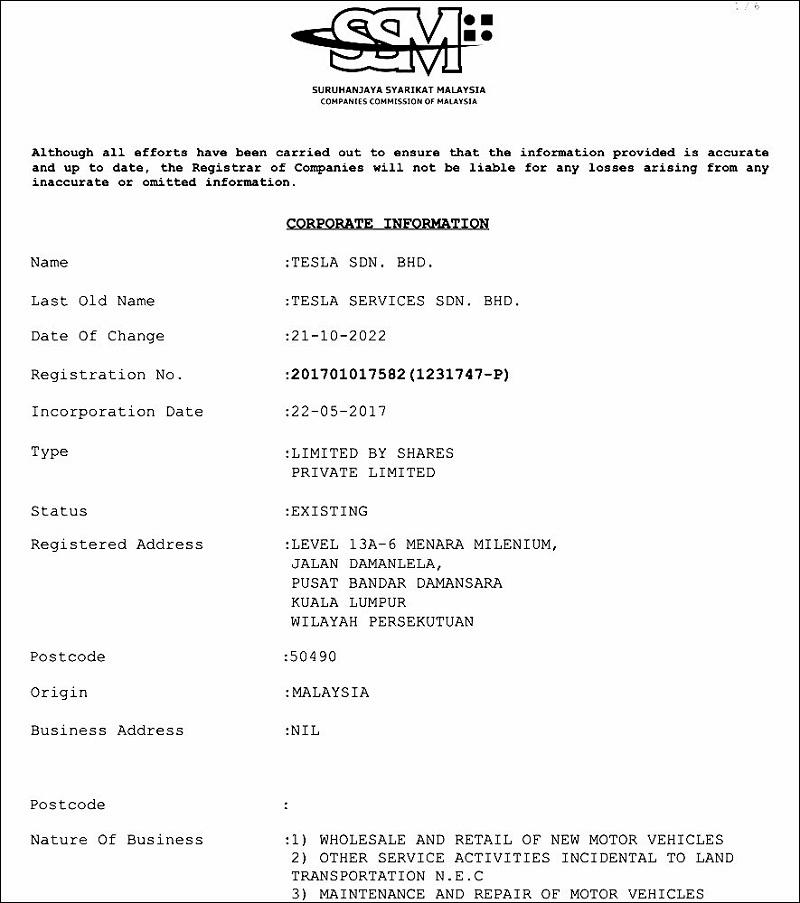
What has caught the attention of many is that the company, which has a registered address in Damansara Heights, Kuala Lumpur, is the scope of activities declared by the company. These are wholesale and retail as well as maintenance and repair of motor vehicles. Typical activities of a motor business. The Malaysian company, with its new name, is also mentioned in Tesla’s statutory report in America.
Although this latest development could be just a preliminary move to be ready to start up at some time in the future, it is certainly the right time for Tesla to enter the market. But it will have to do it soon since the government’s full tax exemption on BEVs is not forever. For CBU (completely built-up models), it is only up to the end of 2023 and if assembled locally, then up to the end of 2025.
If Elon Musk (owner of Tesla and richest or second richest man in the world) is persuaded to set up a factory in Indonesia to make the cars, then they can come into Malaysia with import tax exemption under AFTA (ASEAN Free Trade Area) agreement privileges. But the carmaker already has a huge production hub in China which last year supplied almost 50% of its global volume. Of course, the Malaysian government has always dreamed of being a regional EV hub so it would also be keen to have Tesla produce here.
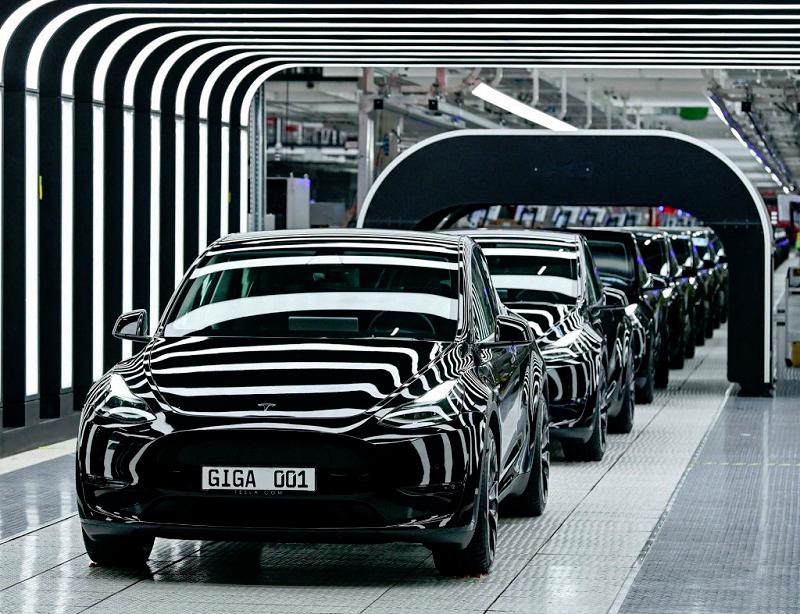
Apart from the increased possibility of Tesla starting business in Malaysia, EV owners are also excited about the prospect of seeing the company’s Superchargers being set up. These are high-speed charging stations designed specially for Teslas but can also be used by other models with the right connectors or adaptors as well as high-speed charging capability.
If Tesla does start selling cars, one of the conditions required of distributors is that they also contribute to the charging network. This means that their investment will also have to include a number of charging stations although many would team up with energy providers for this. For instance, BMW Group Malaysia has teamed up with ChargEV and JomCharge to access their networks, apart from its own dealers also setting up charging stations at their premises.
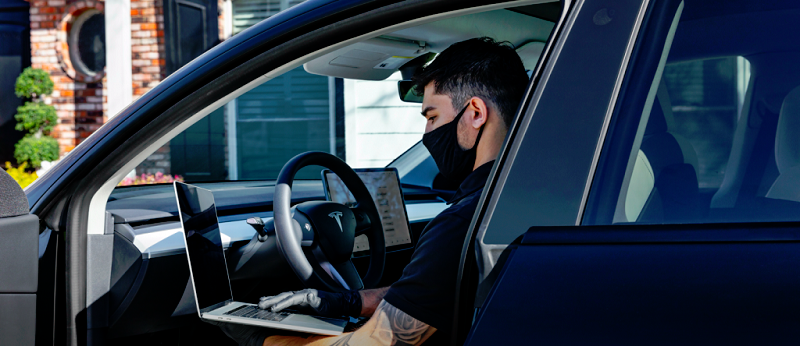
Over the past 10 years, Tesla has set up more than 4,500 sites worldwide, with an average of 9 Superchargers at each site. The majority are in North America and in Asia, most are in China. Besides Superchargers, the company also has Destination Chargers which have charge at lower speeds and are found at hotels or places where BEV owners are passing through. The aim is to have broad coverage so that BEV owners can travel long distances.
If Tesla starts up in Malaysia, then it would fill the gap between Singapore and Thailand with Superchargers and Tesla owners will be able to drive from the southern tip of Peninsular Malaysia to Bangkok with assured recharging from Superchargers. Incidentally, Porsche Asia-Pacific has also almost completed its 3-country network of charging stations.
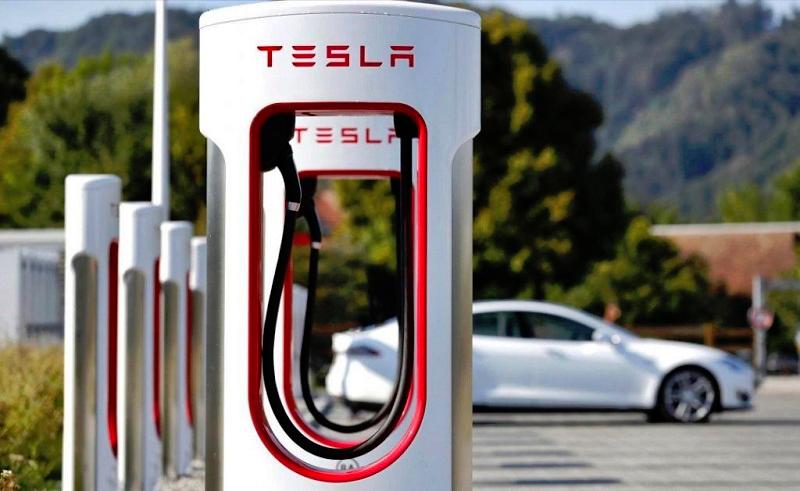
When Tesla makes its official debut, it will join a growing number of brands selling BEVs. However, the mass adoption of BEVs cannot happen as long as the prices remain high. Right now, at RM150,000 and more – even tax-free – a BEV is not within the reach of the majority of Malaysians. Unless prices are around those of a Vios or better still, Myvi – and also of the same size – it will be a long time before BEVs can move into the mainstream.
It’s not impossible though as our two Malaysian carmakers are already undertaking R&D into BEVs. They need time so it may not be till the end of the decade that we get a Myvi-sized BEV. The technology is available but it is still costly, and for Perodua, which focusses on affordable cars, offering a product that is over RM100,000 would not be what they want to do.



